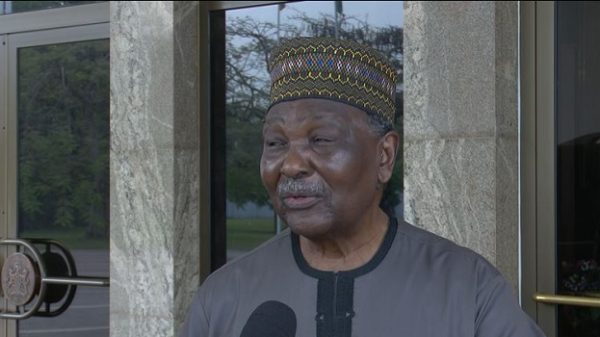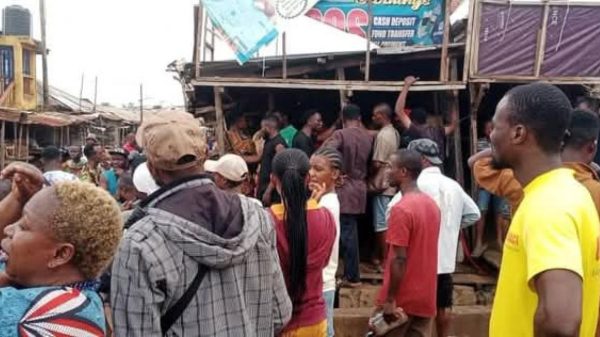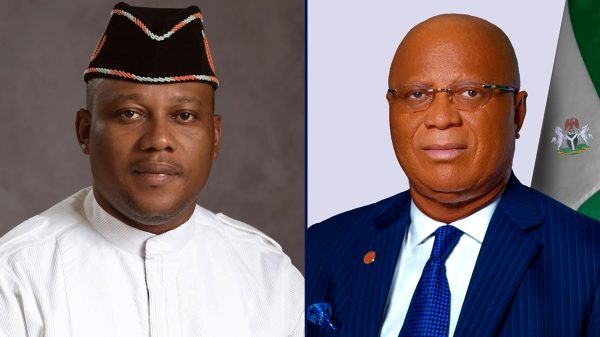In the aftermath of the devastating floods in Maiduguri, Borno State, Nigerian President Bola Tinubu visited the region on Monday to offer federal support and assess the extent of the damage. The floods, which struck in late August, have claimed 37 lives and displaced over one million residents, leaving communities in dire need of assistance.
During his visit, President Tinubu expressed deep concern over the humanitarian crisis and reassured the affected communities of the government’s commitment to alleviating their suffering. “We are here not just to sympathize, but to ensure that we act promptly to provide relief and long-term solutions,” Tinubu stated during his address in Maiduguri【7†source】.
The president’s visit follows heightened criticism of the federal government’s initial response to the floods, with many Nigerians voicing their frustrations over what they perceived as a slow mobilization of resources to the hardest-hit areas. Tinubu, however, has promised a different approach to climate change and environmental issues. “We are committed to tackling these challenges differently. The scale of this flood shows that we must rethink our environmental policies,” he said【7†source】.
The government, in collaboration with international relief agencies, has begun distributing food, clean water, and medical supplies to flood victims. In addition to immediate relief efforts, Tinubu announced plans for a National Flood Response Task Force that would develop long-term strategies to mitigate the impact of future natural disasters.
“I want every Nigerian to know that your government will not rest until we find lasting solutions to prevent a recurrence of these kinds of tragedies,” Tinubu assured the people【7†source】.
As the president’s convoy toured the flooded regions, communities expressed hope that the visit would signal a turning point in the government’s handling of the disaster. However, many residents, like displaced local farmer Ibrahim Musa, are concerned about their long-term future. “I’ve lost everything—my farm, my home. We need help not just today but for tomorrow too,” Musa shared.
Local officials emphasized that despite the destruction, efforts are being ramped up to restore normalcy. In a statement, the Borno State government announced the establishment of temporary shelters for displaced persons and the deployment of additional medical personnel to handle the increasing cases of waterborne diseases.
As floodwaters begin to recede, the full scale of the damage is becoming clearer, with early estimates pointing to a significant loss of agricultural land, homes, and infrastructure. The World Food Programme has warned of potential food shortages in the coming months due to crop loss.
The federal government, with international support, has pledged over $100 million in emergency aid, with more expected as recovery plans are formalized. The president concluded his visit by reaffirming his government’s commitment to Borno and the nation as a whole, stating, “We will rebuild, and we will recover stronger.



















































































































